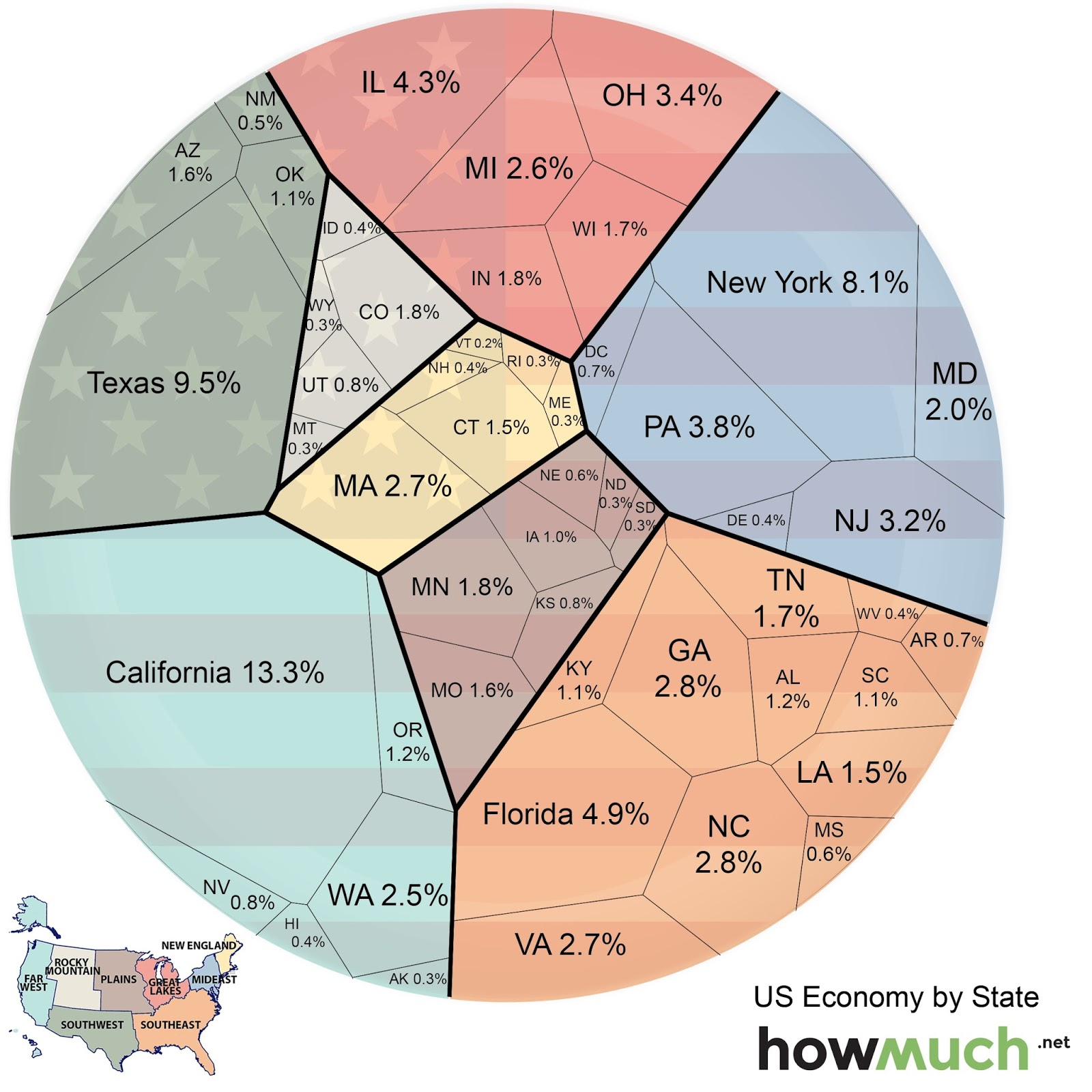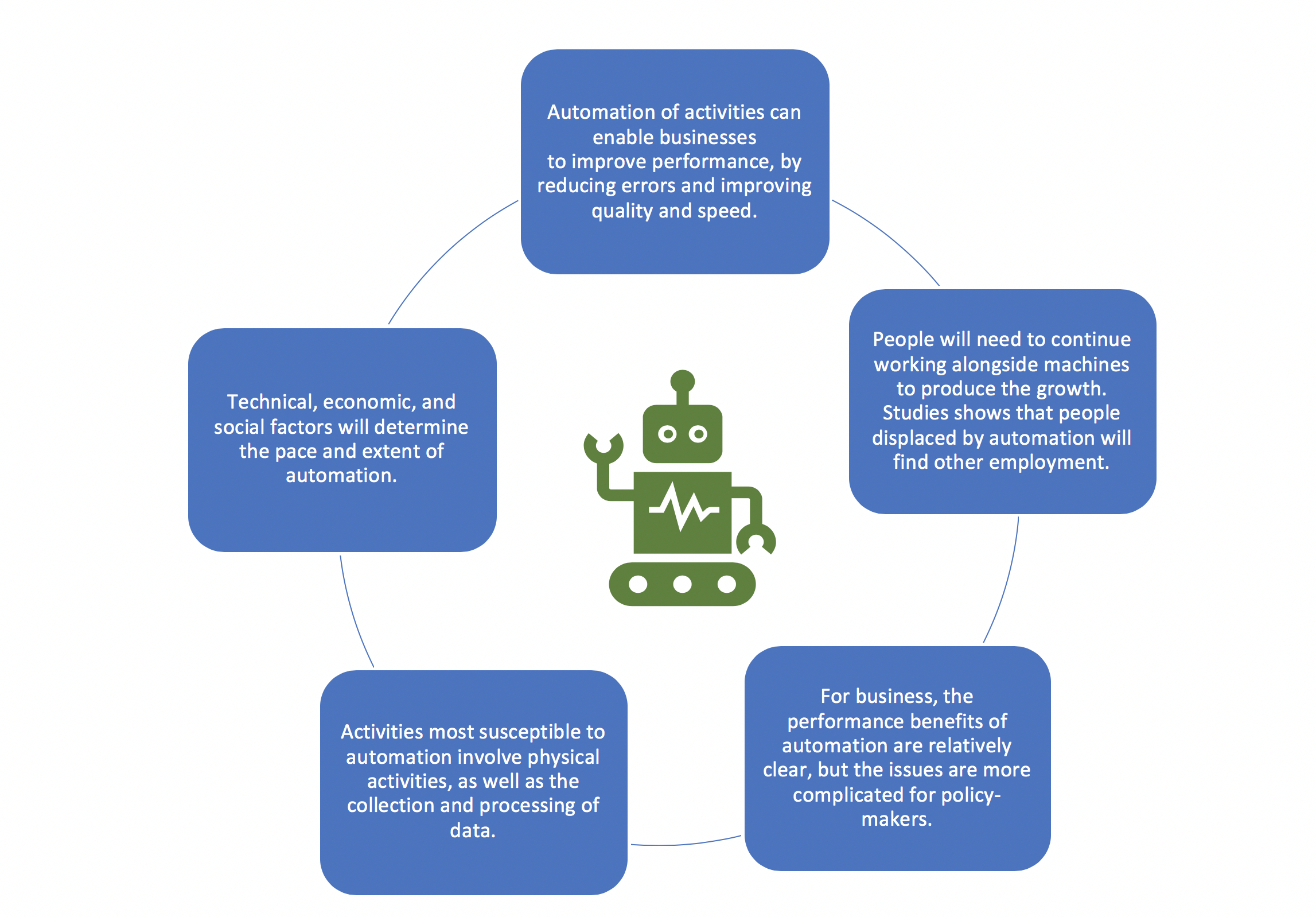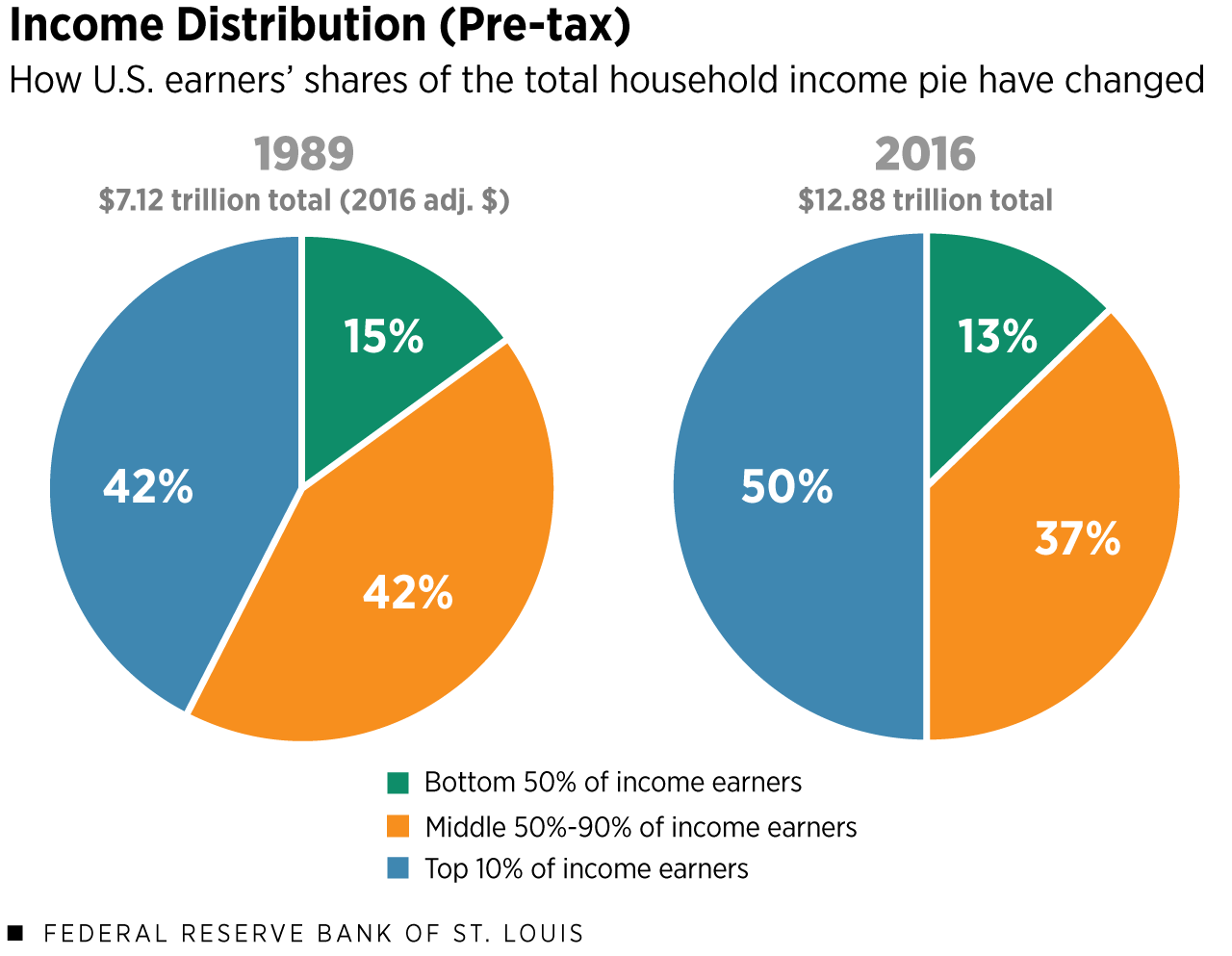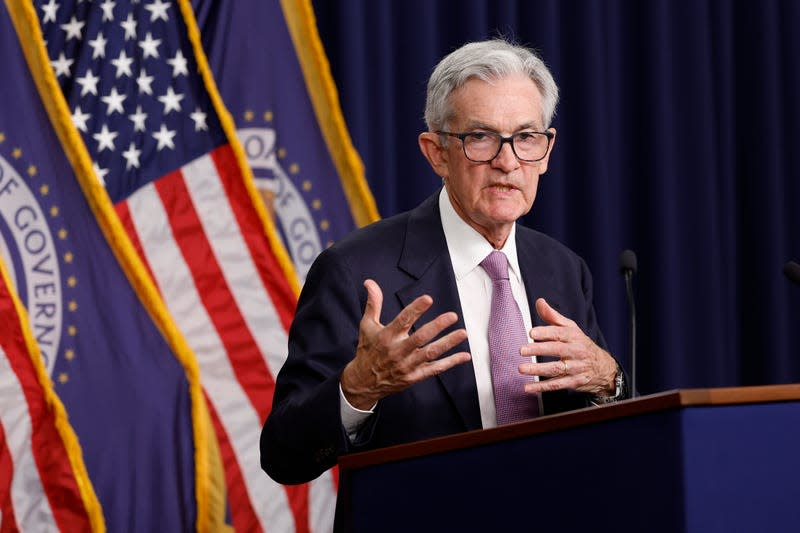The U.S. economy is currently navigating a turbulent landscape marked by rising consumer uncertainty and a looming recession warning. Recent data from the University of Michigan’s consumer sentiment index indicates a significant drop in economic confidence, paired with turbulence in financial markets driven by escalating trade tensions. The Federal Reserve’s interest rates play a crucial role in this intricate scenario, as policymakers grapple with balancing economic growth while managing inflationary pressures. Tariff policies impact not only international relations but also domestic economic conditions, with many fearing that the ongoing trade war might lead to prolonged economic downturns. Ultimately, as the U.S. faces potential recession triggers, understanding these various components is essential for predicting future economic trajectories.
At the heart of America’s financial framework lies a complex system often referred to as the national economy, which encompasses trade negotiations and monetary policies. Recent shifts in market dynamics, influenced by international conflicts and legislative tariff regulations, have stirred both investor apprehension and consumer doubt. As indicators reflect a decline in public economic optimism, experts are closely watching how regulatory bodies manage interest rates to stimulate growth without stoking inflation. The ramifications of these trade disputes and fiscal strategies could set the stage for a significant economic downturn if not handled judiciously. Unraveling the intricacies behind these phenomena is vital for comprehending the broader implications they hold for the nation’s financial health.
The Current State of the U.S. Economy
The U.S. economy is currently navigating turbulent waters, characterized by a mix of optimism and uncertainty. Recent indicators have shown a decline in consumer sentiments as reflected by the University of Michigan’s consumer sentiment index, which has dropped to its lowest levels since late 2022. Concerns about a potential recession loom as market volatility spikes in response to various economic factors, including the ongoing trade war, causing many analysts to predict slowing growth ahead. Despite some resisting the term ‘recession,’ the current trends suggest that consumer spending may falter if confidence continues to wane.
Additionally, the stock market has delivered heavy losses this month as American businesses grapple with tariffs imposed by China, Mexico, and Canada. This reaction to President Trump’s tariff policies signifies deep-seated anxieties among investors about further escalation of the trade war. The interconnectedness of these economic elements, including tariff policies and fluctuating interest rates maintained by the Federal Reserve, illustrates a precarious balance. Market participants are left in a state of reflexivity, with decisions heavily influenced by perceptions of risk and the likelihood of downturn.
Trade War Impact on Economic Stability
The ramifications of the ongoing trade war have significantly impacted the U.S. economy, introducing uncertainties that echo throughout the business landscape. As countries impose tariffs on American goods, the jerking of supply chains and consequent price increases can lead to diminished consumer spending. Economists argue that extended trade tensions may create an environment draped in volatility, where businesses hesitate to invest amid fears of future cost escalations. The erosion of consumer confidence, as indicated by recent sentiment surveys, mirrors a crisis in economic stability that analysts caution might linger.
Moreover, policymakers have been tasked with the challenge of stabilizing the economy in light of these trade disturbances. The Federal Reserve faces increasing pressure to respond to inflationary risks while simultaneously managing growth. The intricate dance between tariff policies and interest rates becomes vital, as tight monetary control is needed to combat rising prices without stifling economic expansion further. As the trade war lingers, the potential for a recession remains a looming specter.
Federal Reserve Interest Rates: Balancing Act
The role of the Federal Reserve has come under scrutiny as financial analysts ponder over the right approach to interest rate adjustments in response to the evolving economic landscape. The Fed must now weigh the consequences of supporting growth through potential rate cuts against the need to control inflation, which shows signs of creeping up due to rising costs related to tariff implications. With consumer sentiment dipping and employment rates stalling, the central bank’s forthcoming decisions could either cushion the economy or exacerbate its challenges.
Many economists anticipate that the Federal Reserve may choose to adopt a wait-and-see approach, leaving interest rates unchanged as they evaluate the extent of the trade war’s impact on economic growth and inflation expectations. This delicate balancing act is crucial, as any misstep could trigger broader instability within U.S. financial markets. As such, the Fed’s decisions will be critical in shaping the trajectory of the U.S. economy in the coming months.
Consumer Sentiment Index and Recession Concerns
The University of Michigan’s consumer sentiment index serves as a vital tool for economists to gauge the health of the U.S. economy; recent downturns in this index have raised alarms about the potential for an impending recession. With consumer confidence at a low point, many households may begin to tighten their purse strings, further stalling economic growth. Given that consumer spending constitutes a significant portion of the economy, a decline in sentiment could lead to reduced spending and stagnated growth.
Furthermore, the dip in the consumer sentiment index comes at a time when fears of a recession are amplified by the ramifications of the trade war and erratic government policies. Analysts argue that if confidence continues to weaken, it could create a feedback loop that exacerbates the economic downturn, thereby reinforcing the possibility of recession. Heightened risk perception among consumers derives from uncertainty in the labor market and broader fiscal challenges, compelling many to adopt a cautious approach towards spending.
Tariff Policies and Their Broader Effects
Tariff policies implemented by the U.S. administration have had sweeping repercussions on global trade dynamics, presenting unique challenges to the domestic economy. By imposing tariffs on imported goods in an attempt to protect local industries, the government has unintentionally invited retaliatory measures from other nations. This tit-for-tat escalation could stifle growth not only domestically but also in international markets as supply chains become disrupted. Critics of current tariff strategies argue that they primarily add to consumer costs rather than bolstering local manufacturing as intended.
In light of these developments, many businesses are reevaluating their pricing strategies and operational frameworks. The tariffs have led to inflated prices on goods for everyday consumers, stimulating inflation concerns and pressuring the Federal Reserve to reconsider its monetary policy stance. The cumulative effect of these tariff policies signifies a shift in economic paradigms, positioning the U.S. economy under the constant threat of trade-related fallout and heightening the scrutiny on fiscal management.
Economic Projections and Future Outlook
Looking ahead, multiple factors will dictate the trajectory of the U.S. economy as it grapples with the uncertainties sparked by the trade war and potential policy shifts. Forecasts suggest that if the stalemated trade environment persists, it may not only lead to a recession within the next year but also languish the economy in a state reminiscent of stagflation seen in the 1970s. Unstable growth prospects are intertwined with the real risk of diminishing consumer spending initiated by declining sentiment, leading many experts to revise their outlooks cautiously.
Furthermore, the interdependence of the stock market and consumer confidence prompts a critical examination of policy effectiveness. The apprehension surrounding economic stability suggests that without decisive and effective intervention, the U.S. could find itself in a prolonged economic slowdown. Stakeholders must navigate the complexities of Federal Reserve interest rate policies in conjunction with legislative maneuvers regarding tariffs in the coming months, where a single miscalculation could spell significant ramifications for future growth.
Investors’ Responses and Market Reactions
In the wake of increasing trade tensions, investor responses have reflected heightened caution and volatility within the markets. With concerns about the prospect of an economic downturn prominent in investors’ minds, many have adjusted their portfolios to either hedge against potential losses or pivot towards more stable investments that promise less exposure to risk. The market’s turbulent nature illustrates a clear correlation between investor sentiment and economic forecasts, as the risk of recession commands attention.
Stock analysts are tasked with deciphering complex indicators to forecast market performance amidst an atmosphere riddled with uncertainty. The ongoing trade war has introduced a new layer of complexity as investors grapple with how tariff policies might impact both domestic and international revenues for market-heavy enterprises. As a result, market dynamics will likely remain precarious as analysts weigh economic indicators alongside evolving fiscal and monetary policy decisions over the coming months.
Government Spending Cuts and Fiscal Policy
Fiscal policy remains crucial as the U.S. grapples with significant challenges regarding budget deficits and government spending. Amidst arguments for potential cuts, the impact of these reductions translates into a mixed bag for economic health. While proponents argue for the necessity of reducing government spending to recover from excessive debt burdens, apprehensions about the immediate effects of these cuts on the social fabric and economic stability arise.
Cutting spending during a fragile economic phase could lead to suppressed growth, heightening alariss about stalling sectors such as housing and manufacturing—similarly to how tariff policies have rendered investors on edge. Policymakers are required to carefully consider the long-term implications of austerity measures against the backdrop of increasing tariffs and volatile market reactions. It is vital that any reductions in spending be strategically designed to avoid precipitating an economic downturn.
Long-term Solutions for Economic Growth
To foster sustained economic growth amid these uncertain times, developing long-term strategies remains imperative. While the immediate focus may be on tariffs and consumer sentiment, a comprehensive approach must include investment in infrastructure, education, and workforce development to find pathways out of recessionary pressures. Experts argue that bolstering these foundations can spark innovation and ultimately promote economic resilience.
Investing in modern technology and improving productivity also offers avenues for competitive advantage, vital for combating potential contraction due to unfavorable tariff policies. Moreover, returning to the fundamentals of encouraging trade partnerships and stabilizing international relations can enhance market confidence. Thus, the U.S. economy’s recovery hinges not only on addressing immediate challenges but also on adeptly navigating toward sustainable growth strategies that redefine the economic landscape.
Frequently Asked Questions
What is the impact of the current trade war on the U.S. economy?
The ongoing trade war significantly affects the U.S. economy by increasing uncertainty and reducing consumer confidence, as indicated by the drop in the consumer sentiment index. Tariffs imposed by countries like China, Mexico, and Canada as retaliation against U.S. tariffs could lead to higher prices for American consumers, reduced exports, and potential job losses in affected industries, ultimately heightening the risk of a recession.
How are Federal Reserve interest rates influencing the U.S. economy amidst trade tensions?
Federal Reserve interest rates play a crucial role in shaping the U.S. economy, especially during trade tensions. The Fed faces a challenging decision: to cut interest rates to stimulate economic growth or maintain them to control rising inflation due to tariffs. Rate cuts can support borrowing and investment, which may counteract some negative effects from the trade war, but also risk exacerbating inflation if demand increases too much.
What does the decline in consumer sentiment index mean for the U.S. economy?
A decline in the consumer sentiment index signals decreased confidence among consumers regarding the economy, often leading to reduced spending. This reduction can slow economic growth, particularly when combined with the threat of a recession. Worry over the trade war, inflation, and employment prospects fuels this lack of confidence, which can create a cycle of economic stagnation if not addressed.
Are we facing a recession warning due to current U.S. economic conditions?
Yes, many economists are issuing recession warnings due to several concerning factors, including the ongoing trade war, declining consumer sentiment, and market volatility. If these pressures persist, they could lead to a slowdown in economic activity, impacting employment and income levels, which further entrench recessionary conditions.
What are the implications of tariff policies impact on the broader U.S. economy?
Tariff policies can have substantial implications for the broader U.S. economy. They can lead to higher consumer prices, strained international relationships, and retaliatory measures from trading partners. Consequently, these tariffs may hurt American industries reliant on exports and disrupt domestic production. The long-term economic growth could be jeopardized if businesses and consumers adapt negatively to the tariffs, creating economic uncertainty.
| Aspect | Details |
|---|---|
| Current Economic Concerns | Increased fears of a recession due to trade wars, stock market volatility, and declining consumer sentiment. |
| Tariff Implications | Economists largely oppose tariffs. Some argue they could help infant industries, but they currently hurt U.S. investment. |
| Market Response | Market selloff described as healthy correction; skepticism about claims it will lead to stronger future economic health. |
| Risks of Recession | Concerns regarding a recession within the next year due to multiple factors including trade wars and stock crashes. |
| Federal Reserve’s Dilemma | Facing a choice between lowering interest rates to promote growth or keeping them to control inflation. |
Summary
The U.S. economy is currently facing significant challenges, with rising uncertainties surrounding trade policies and consumer confidence at historical lows. Factors like tariff implications, potential recession risks, and conflicting strategies from the Federal Reserve create a precarious economic landscape that could determine the nation’s economic trajectory in the near future.



